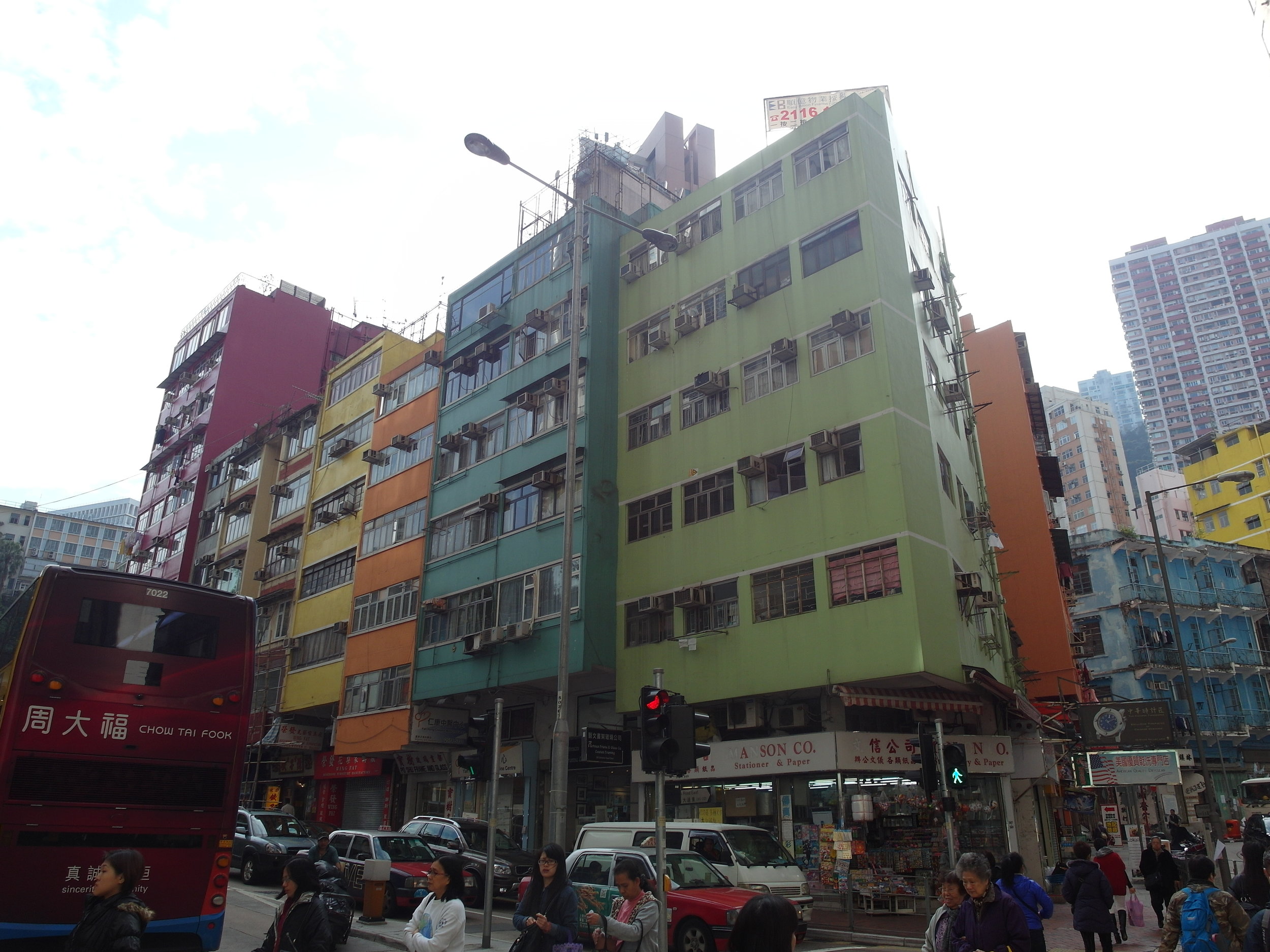Ricky Burdett // Lecture at the Harvard Graduate School of Design
It is of course hardly possible to discuss the entire one and a half hour lecture, as a result, I have for this post decided only to focus on the first half hour of the lecture, with a partial focus on my personal experience as an inhabitant of Hong Kong, exploring some of the ideas Prof. Ricky Burdett triggered with regard to my opinions of sustainability and the human experience.
Prof. Burdett's Human Development Chart.
X Axis: Level of Human Development (0 is low development, 1 is highly developed)
Y Axis: Footprint of Ecological Impacts (0 is low, 10 is high)
As if to directly reinforce some of the key points of Prof. Neuman’s course, Prof. Burdett points out that 75% of CO2 emissions are the result of highly urbanised cities. A comparative chart between ecological footprints and the level of societal development recognises clearly that increasing urbanism is also increasing the level of unsustainability. A core issue which Burdett has identified is the correlation between an infrastructure of support, which I also feel, is a determining factor for the level of sustainability.
Prof. Burdett's Comparative Analysis Table.
The Left of each city represents residential density,
On the right, workplace density within the same area.
The comparative chart above uniquely shows the amount of residential density vs. workplace density. Unsurprisingly, Hong Kong has a great equality between the two, but Burdett highlights an important focus, that people make conscious decisions about living efficiently and that as a result, there are social implications. As a result, despite this supposedly beneficial equality, I would argue (having been fortunate enough to have lived for a short while in both London and New York as well), that there is a more significant sense of cultural comfort in these supposedly ‘inconvenient’ cities.
The example of a middle aged Hong Kong woman is I feel an all too typical and clear representation of an issue which we don’t often consider with sustainability – the issue of social comfort. Having spent my entire life growing up in an apartment personally, I too can relate to sometimes finding it cramped, though I also believe it is infinitely more convenient and thus freely accept this compromise. At the same time though, I know that my experience of growing up in Hong Kong has been significantly more comfortable, for I grew up in the northern part of the city, relatively quiet compared to the busy inner city regions.
View of the Hong Kong skyline, depicting high density residential architecture of the city.
(Chan, 2013)
Typical older apartments from the post-war reconstruction era. (Chan, 2013)
As part of developing more sustainable cities, I think this short section of lecture shows us that the human element is worthy of recognition as well. Sustainability is not merely confined to greenery, to efficient construction systems or to innovation, it will necessarily also involve a careful understanding of human relationships and experience within the urban fabric. As architects therefore, I believe that generating a successful urban fabric should mean creating an ecologically respectful built environment as well as a unique and delightful experience for the inhabitants and users.
The video link reference for this post is from:
The Harvard Graduate School of Design. (3 March 2014). Lecture: Ricky Burdett. Retrieved Online Via: http://www.youtube.com/watch?v=Wm-dB_D0FLk




